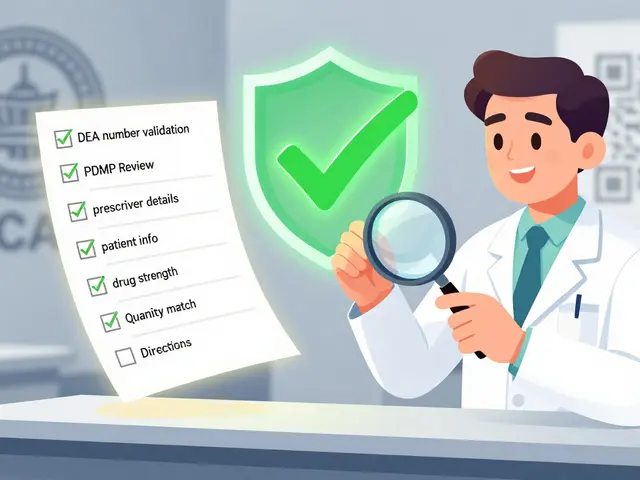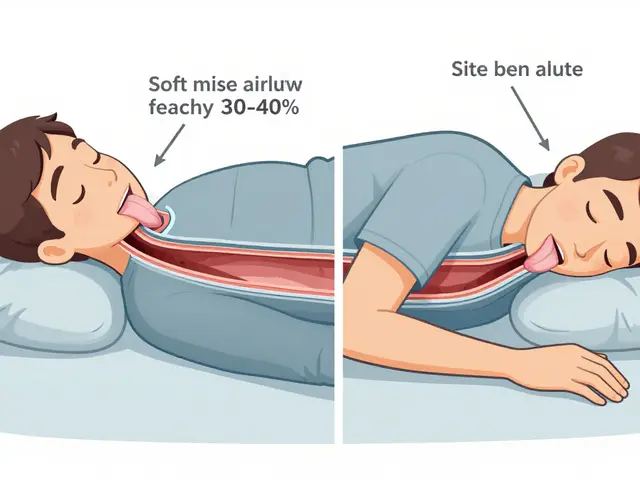Liver Disease: How to Spot It, What's Causing It, and What to Do
Your liver works nonstop — filtering blood, storing nutrients, and breaking down medicines. When it struggles, small changes like tiredness or yellow skin can mean something bigger. This page gives clear, practical steps to recognize liver problems, what doctors look for, and simple actions you can take today.
Common causes and everyday signs
Most liver problems come from a few familiar sources: viral hepatitis (A, B, C), fatty liver linked to obesity or diabetes, long-term heavy drinking, certain medicines and herbal supplements, and autoimmune or inherited conditions like haemochromatosis. Symptoms are often quiet at first. Look out for persistent fatigue, abdominal discomfort on the right side, yellowing of the skin or eyes (jaundice), dark urine, pale stools, itching, or unexplained swelling in the legs or belly.
Not everyone with fatty liver has pain or jaundice — sometimes it shows only on blood tests or imaging. If you drink heavily, take regular painkillers (especially acetaminophen/paracetamol), or have high blood sugar or cholesterol, your risk is higher. That makes simple lifestyle moves powerful: cut back on alcohol, keep acetaminophen within safe limits, and aim for gradual weight loss if you're overweight.
What tests to expect and what they mean
Your doctor will usually start with liver function tests (ALT, AST, ALP, GGT, bilirubin). These blood tests show how well the liver cells and bile ducts are working. An ultrasound is the next common step — it can spot fatty liver, scarring, or masses. Newer, noninvasive tools like FibroScan measure stiffness to estimate scarring (fibrosis) without a biopsy. In unclear cases, a doctor may recommend viral tests, iron studies, autoimmune markers, or a liver biopsy for a definite diagnosis.
Abnormal test results don’t always mean severe disease, but they do mean follow-up. Mild enzyme elevations often respond to lifestyle changes or stopping a harmful drug. Higher or rapidly rising levels need quick action and specialist input.
If a medicine you take can affect the liver, don’t stop it abruptly without talking to your prescriber. Some treatments such as antivirals for hepatitis C can cure the infection, while others focus on slowing damage or managing complications. For advanced scarring (cirrhosis), regular monitoring and sometimes transplant evaluation are needed.
Small changes help: vaccination for hepatitis A and B if you're not immune, limit alcohol, control blood sugar and lipids, avoid unregulated supplements, and follow safe medication doses. If you notice worrying symptoms — marked jaundice, confusion, severe belly pain, or swelling — seek emergency care.
Want detailed articles, drug safety notes, or clinic-friendly checklists? Browse related posts tagged “liver disease” on TheOnlineDrugstore.com for guides on medicines, tests, and real-world tips to keep your liver healthy.




